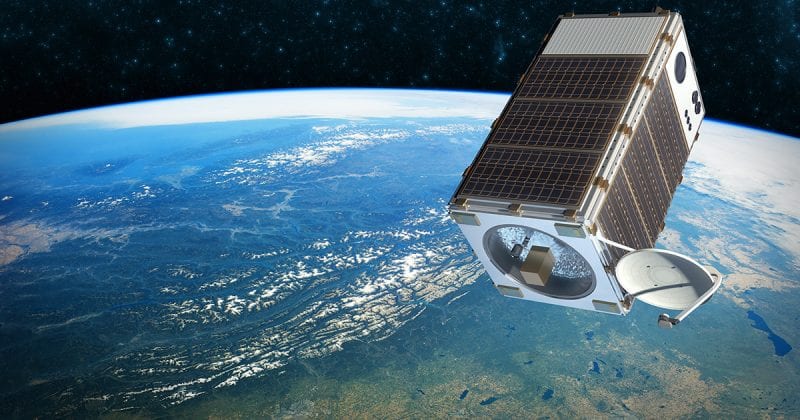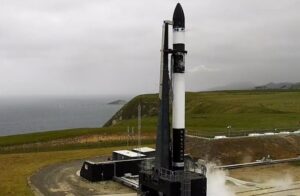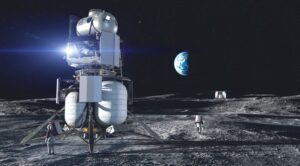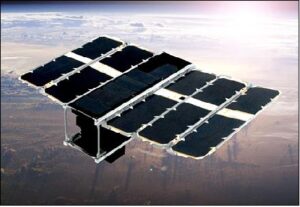MethaneSAT Climate Monitoring Satellite Is Being Developed by Rocket Lab
26th May 2021
One of the leading names in the launch and space industry, Rocket Lab, is developing the MethaneSAT Climate Monitoring Satellite. This is quite a unique satellite that has garnered a lot of attention and is slated to play an important role in the international climate change mission.
What Is the MethaneSAT Satellite by Rocket Lab?
The MethaneSAT Climate Monitoring Satellite weighs 350 kilograms, and its job is to locate and measure methane from the agriculture, gas, and oil industries worldwide. It’s fitted with a highly sensitive spectrometer that can easily detect methane concentrations as low as 2 ppb (parts per billion). The data will be accessible without any charge so that the public and stakeholders can compare the progress of both the countries and the companies. It will enable researchers, businesses, and regulators to track and reduce emissions faster than before.
What Is the Current Stage of the Project?
Rocket Lab will be managing and operating the MethaneSAT Climate Monitoring Satellite to support the mission as a part of New Zealand’s NZD$26 million “Undertaking to the international program”. The company has been tasked to deliver the software and IT infrastructure needed to operate the orbiting device, including collision avoidance, positioning, pointing, and tracking. Rocket Lab will also be managing the dissemination of the collected data.
Additionally, the Rocket Lab team that will be operating it includes experts from some of the most renowned aerospace programs from the public and commercial sectors.
Rocket Lab’s CEO, Peter Beck, states that the MethaneSAT Climate Monitoring Satellite technology being used will change the way satellites are launched and operated. As of now, Peter Beck and his team at Rocket Lab are thrilled to play a part in mitigating climate change through the MethaneSAT Climate Monitoring Satellite.






Thank you for your comment! It will be visible on the site after moderation.